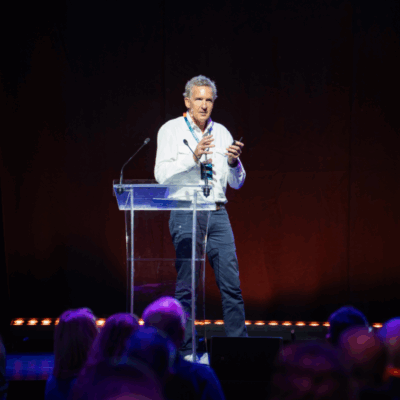Christchurch plumbing firm reflects on post-quake lessons
For Laser Plumbing Christchurch, the ability to be flexible and adapt with the market enabled it to…
For Laser Plumbing Christchurch, the ability to be flexible and adapt with the market enabled it to survive one of New Zealand’s worst natural disasters.
When businesses discuss flexibility, and the important role it plays in their success, people will generally think about flexible working hours and the ability to work from home. And, while these areas are topical and media outlets continue to report on failure to address staff desires for flexibility in their contracts, it is not the only example of flexibility required from a small business.
For one small business, the ability to be flexible and to adapt with the market enabled them to survive one of New Zealand’s worst natural disasters. And for this business, much of this was made possible by being a part of New Zealand and Australia’s largest plumbing and electrical network as well as a strong culture and desire to succeed despite the challenges.
In September 2010 Canterbury was struck by an earthquake measuring 7.3 on the Richter scale. While significant, the damage was only superficial. However, when an aftershock measuring 6.3 hit the same area five months later, Christchurch experienced a disaster that saw 185 people lose their lives and almost 2,000 people injured.
For Chris Dick and his team of eight employees at Laser Plumbing Christchurch, the impact was immediate with the epicentre located just two kilometres from their office.
Already facing a skills shortage and in the middle of a national recession, Laser Plumbing Christchurch was called out to perform urgent repairs on properties throughout the city.
Due to the amount of work, Chris quickly saw his team grow to 46. Some of the new employees were tradies who relocated to Christchurch for work while others came from other Laser Plumbing businesses located throughout New Zealand.
Using the Laser systems and capitalising on a business growth model developed by another Laser business, Chris could manage the reactive growth, ensuring his business didn’t suffer, and the business’ systems and processes already in place were able to keep up with demand.
Then, just as quickly as Laser Plumbing Christchurch had risen to meet the needs of the Christchurch population, the work dried up. Insurance companies weren’t prepared to pay for new builds and the local governments struggled to come to an agreement as to what would be a safe foundation design for an earthquake-prone city.
In addition, aftershocks continued to plague the city.
Having employed extra staff and focused on residential builds, Chris had to come up with a new strategy if his business was to survive the aftermath of the earthquake. Many small businesses had closed up and left the region to start again but Chris was determined to survive.
With winter approaching, Chris’ team identified the large number of households with no heat due to collapsed chimneys. Changing their focus to fire installation, Chris thrived on the challenge and, when that work started to dry up, changed their business focus again to drainage repairs.
By the time the work around repairs had finished, the green light was given for people to rebuild leading Laser Plumbing Christchurch to become a key supplier for the building companies rebuilding the city. Many of the businesses Chris was working with saw a 300% growth in their business. This was also reflected in his own business’ continued growth as they kept up.
Working with the support of the Laser Group and its members, Chris was able to utilise the shared knowledge, as well as the systems and processes which were adapted to meet the changing needs of the region and its economy.
Looking to the future of the industry, Chris also used this time to employ and train apprentices, with some of them now running their own businesses.
Now, seven years later, as the building phase slows down, Chris is able to reflect on the significant learnings and experiences of the past six years.
“Our growth was probably not what you would call controlled growth” Chris said. “It was so quick that we were flying by the seat of our pants.
“If not for the stability and reliability of the Laser systems and the support of the Laser Group, my story may have ended differently.
“The importance of investing in quality staff and apprentices was highlighted throughout the last six years but for me, the biggest learning was the importance of staying agile in a changing market.
“That, and knowing that sometimes your wife is right.”






